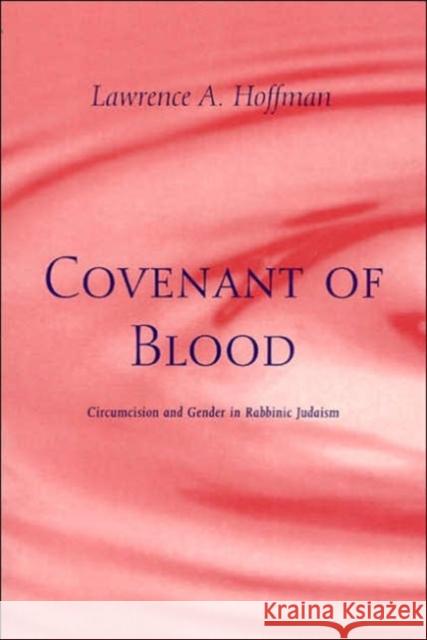Covenant of Blood: Circumcision and Gender in Rabbinic Judaism » książka
Covenant of Blood: Circumcision and Gender in Rabbinic Judaism
ISBN-13: 9780226347844 / Angielski / Miękka / 1996 / 262 str.
Central to both biblical narrative and rabbinic commentary, circumcision has remained a defining rite of Jewish identity, a symbol so powerful that challenges to it have always been considered taboo. Lawrence Hoffman seeks to find out why circumcision holds such an important place in the Jewish psyche. He traces the symbolism of circumcision through Jewish history, examining its evolution as a symbol of the covenant in the post-exilic period of the Bible and its subsequent meaning in the formative era of Mishnah and Talmud.
In the rabbinic system, Hoffman argues, circumcision was neither a birth ritual nor the beginning of the human life cycle, but a rite of covenantal initiation into a male "life line." Although the evolution of the rite was shaped by rabbinic debates with early Christianity, the Rabbis shared with the church a view of blood as providing salvation. Hoffman examines the particular significance of circumcision blood, which, in addition to its salvific role, contrasted with menstrual blood to symbolize the gender dichotomy within the rabbinic system. His analysis of the Rabbis' views of circumcision and menstrual blood sheds light on the marginalization of women in rabbinic law. Differentiating official mores about gender from actual practice, Hoffman surveys women's spirituality within rabbinic society and examines the roles mothers played in their sons' circumcisions until the medieval period, when they were finally excluded.











